Diabetes is classified as a chronic disease, which means that you can manage it but not cure it. It is expressed in two ways, as Diabetes Type 1 or insulin-dependent, and Diabetes Type 2.
Diabetes Type 1 is an autoimmune disease with multiple factors triggering its onset. It is a case of mistaken identity, where cells of the person´s body start attacking cells in their pancreas which is in charge of releasing insulin into the blood. As a result, people (often very young children) cannot produce insulin, a hormone needed to lower the sugar levels in blood. If not treated, this type of diabetes can be fatal in a few weeks.
Insulin has to be injected for the rest of the person´s life, every time they eat. Diabetes type 2 happens when cells diminish their ability to intake insulin secreted by the pancreas, nevertheless, people affected with this type of diabetes do not often have to inject insulin, but take oral pills that help to absorb the blood´s insulin better. Both types of diabetes require juggling between medical treatment, food intake and exercise, and they need the support of family, friends, teachers and doctors to manage a rather complicated to-deal-with- chronic disease.
Unfortunately, the incidence of diabetes has been increasing in developed countries in recent years, so the support needed in schools is also in demand. The Canary Islands are leading the cases in Spain.
Tenerife is fortunate to host the Asociación para la Diabetes de Tenerife (ADT), an association that has been working for more than 25 years to support patients, families and schools in Tenerife and the rest of the Canary Islands.
On Wednesday 17th, ADT personnel held a webinar for Secondary Teachers of the BST.
We were very grateful for this opportunity, as our priority is always the well being of our students.
Dr. Marian Waugh
Head of Science Department
Biology teacher, BST

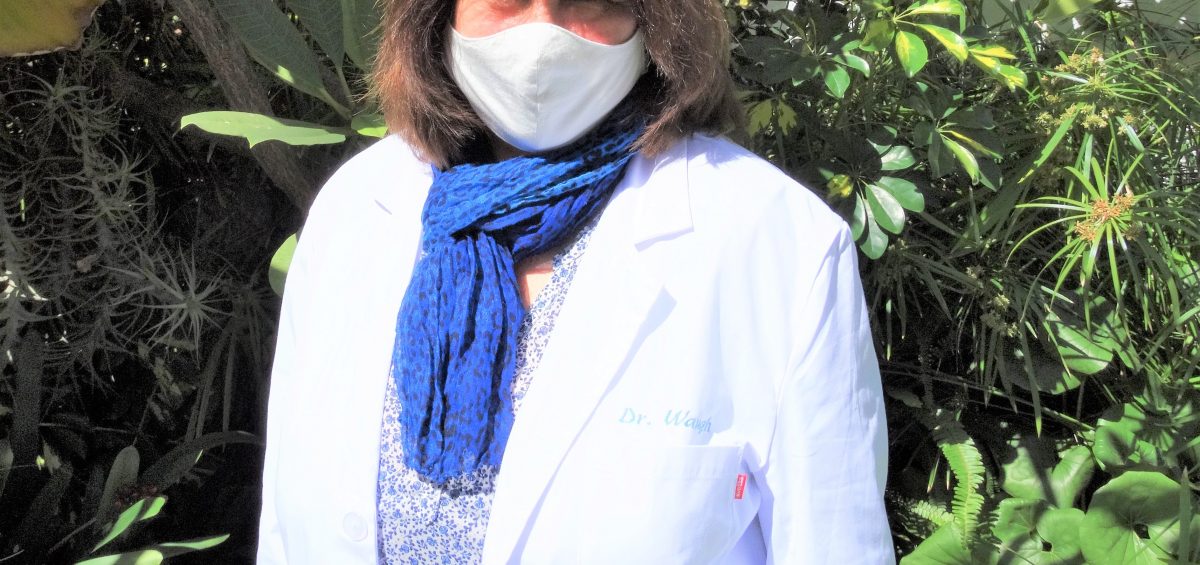
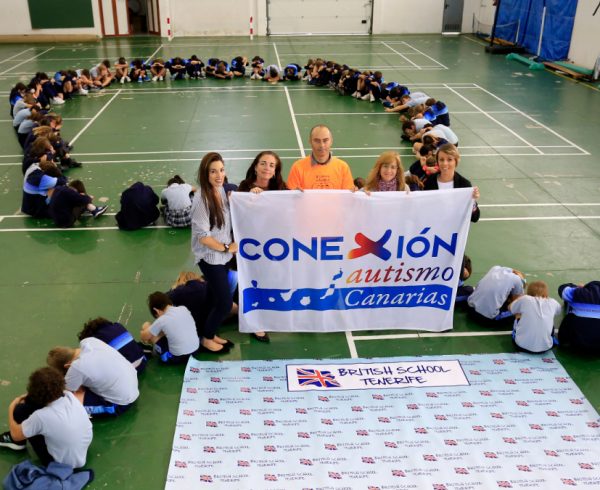
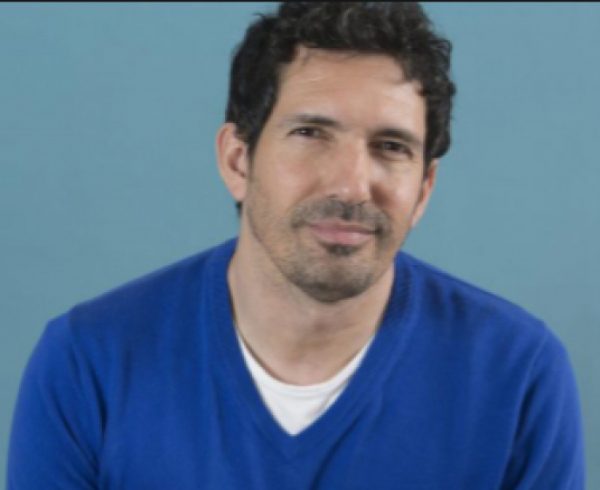
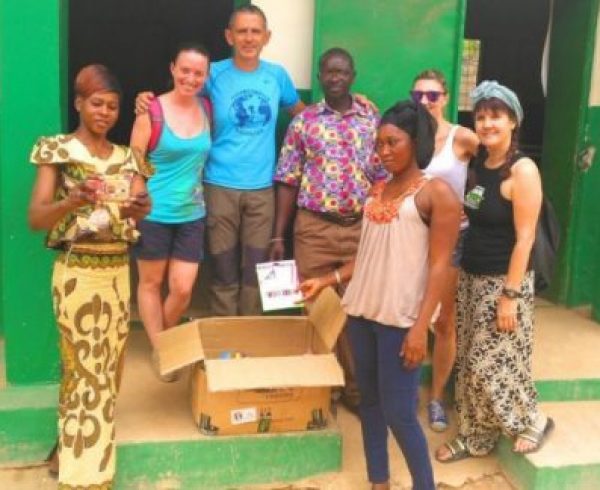
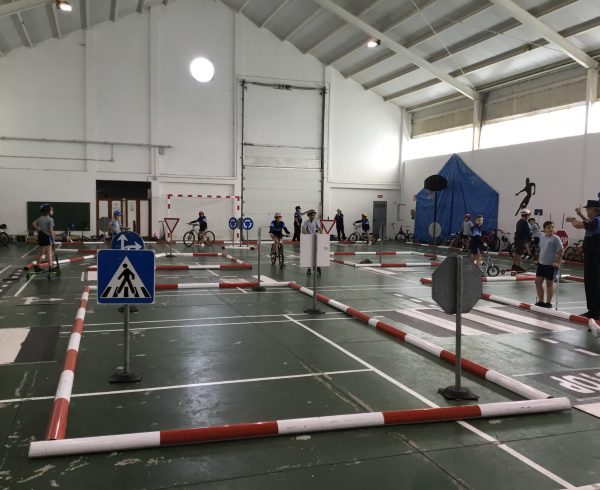
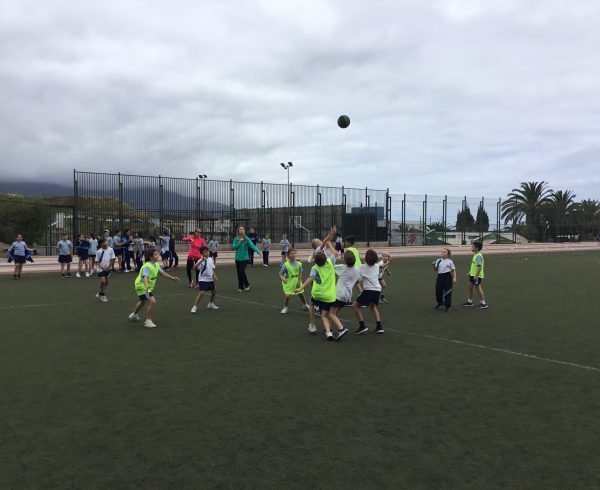
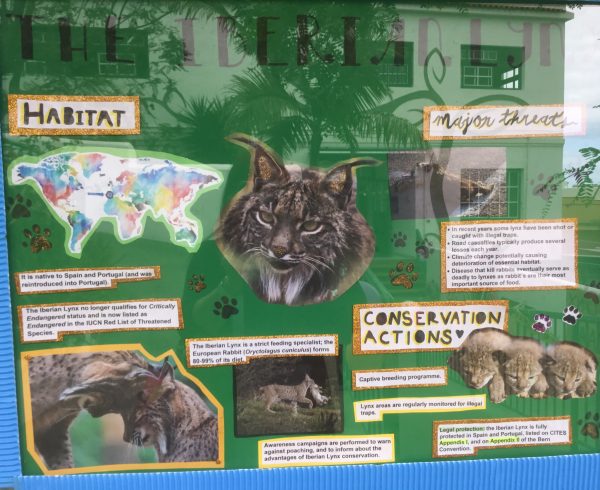
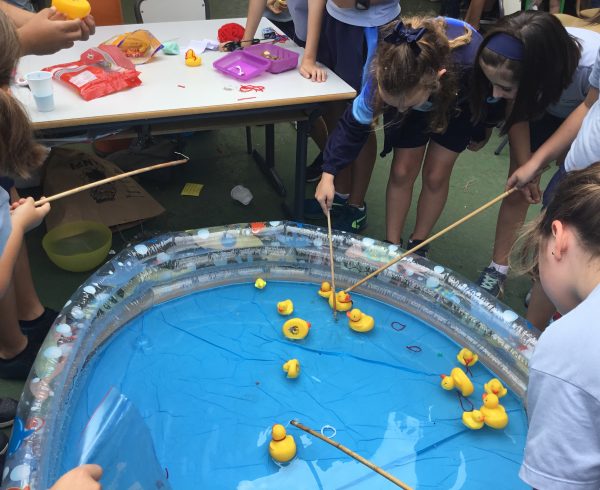
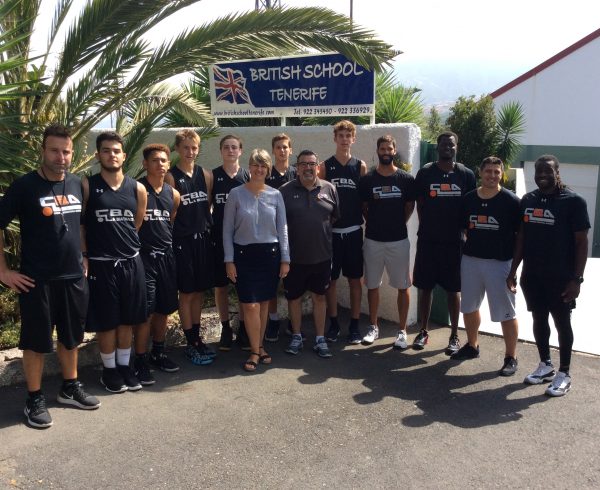

 Español
Español